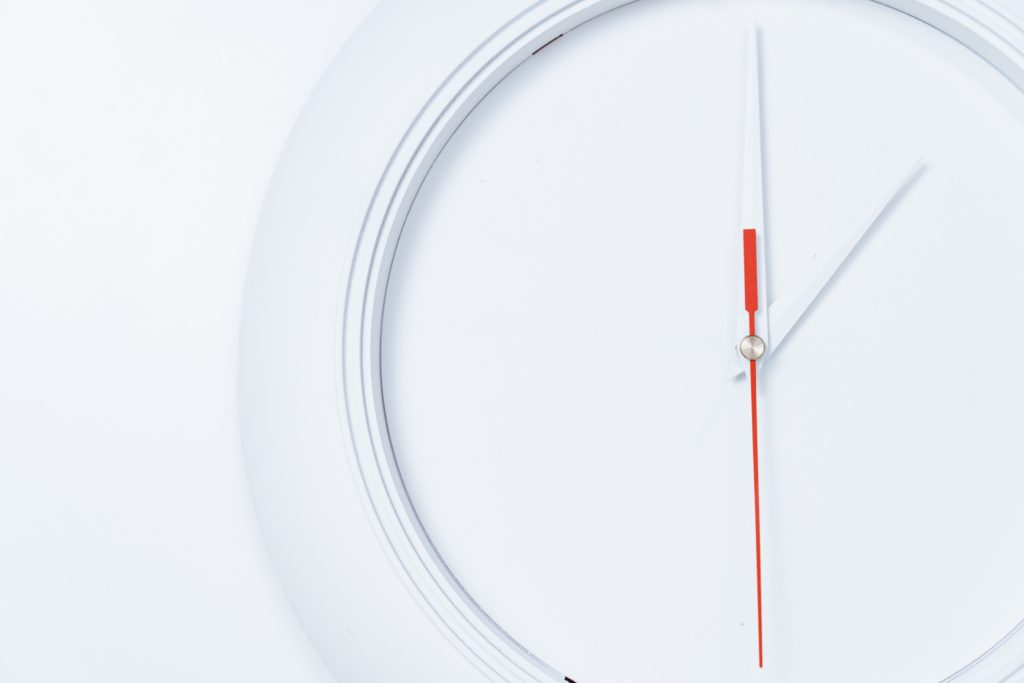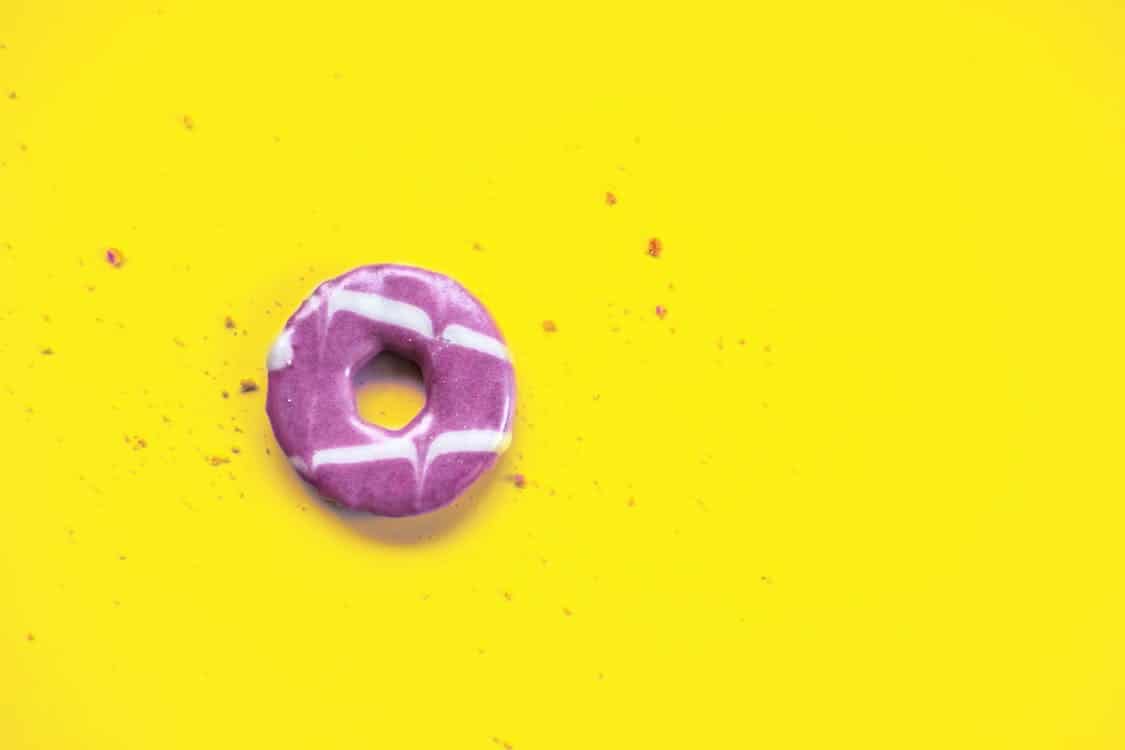Yesterday morning while eating breakfast I was listening to a talk about how we are always trying to make decisions and choices that are best for our future selves.
The speaker pointed out that this is a bit silly given that we are not our future selves, and we therefore can’t truly know what our future self will want.
The example the speaker gave was very loosely a story of a 38-year-old woman who worked in a nursing home and saw the mental and physical decline of many of her patients. She was certain she wouldn’t want to go on living if this was her future and requested her husband not do anything to prolong her life if she was to mentally or physically decline in any similar way.
At the age of 57 she developed an illness which meant she declined in the ways she’s been fearful of.
Eventually she was offered life support.
To which she said yes.
The moral of the story is we cannot decide for our future self because we are not our future self.
We don’t really know what our future self will want until we are faced with that situation.
I thought this was an interesting topic because it’s a realisation I’ve had at points in my life and I’m sure many others have had similar moments of realisation.
Maybe you have worked for something or wanted something at one point in your life and you didn’t at that time see how that could ever change but today you look back and wonder “what on earth was I thinking!?” …
The most striking instance in my life where I’ve had this experience is contrasting what I thought I wanted in recovery from anorexia nervosa and what I thought a recovered life would be to how recovered actually turned out…
Being aware of this phenomenon has been one of the underlying principles of the work I do with those I work with in recovery from eating disorders.
In a nutshell what I think it comes down to is the monumental difference between insight and knowledge verses doing and experience.
With the insight and knowledge, you can do try but the doing and the experience are where you will learn in a completely different way.
The doing and the experience are where the change exists.
There is no substitute for involvement.
And recovery from an eating disorder may just be the perfect example of this concept…
Recovery feels impossible.
When you’re in the midst of it, it feels impossible that you could ever feel another way.
You are trying to make decisions about what “future you” wants based off how you feel now and what you believe is possible for you in the future when you really don’t know how future you is going to think or what “future you” is going to be capable of.
And believe me “future recovered you” is capable of monumentally different things than you’re capable of now!
To give you some examples of what I mean when I talk about our goals in recovery or how we think things should go versus how they actually turn out I’m going to share 3 simple things I thought I was working towards when I was in recovery and how they have actually turned out in my post recovered life.
Starting off with…
1. Eating From the Jar
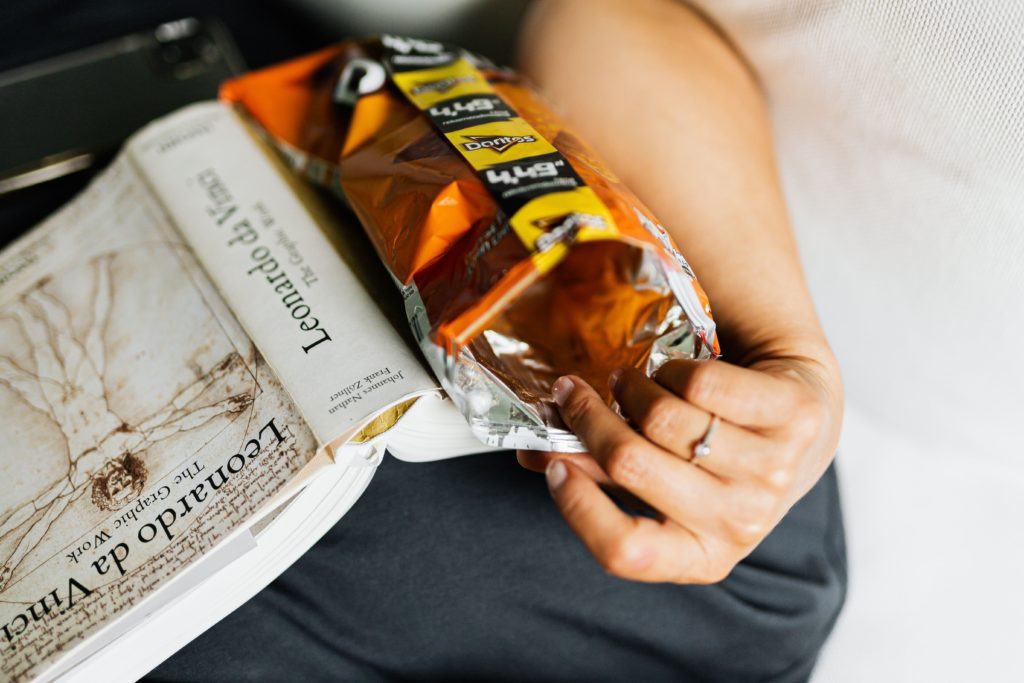
When I was sick with anorexia it felt very important to me that what I ate was weighed, counted, measured and most exhaustingly always compared to what others ate.
I don’t even know why. It was not a value or a choice of mine. It was a compulsion. And it doesn’t matter why. It just was. (see my earlier blogs “Anorexia Nervosa: Going Against Instinct” and “Anorexia Is Genetic So What Do I Do Now?” on the genetics of anorexia nervosa and why I believe you don’t have to have a logical reason for everything you do when you live with an eating disorder …).
I thought when I recovered that I’d put everything I was going to eat out into a bowl or onto a plate, eat it and move on with the day.
Now that I am recovered sure sometimes, I do that and sometimes I put things into a bowl or onto a plate and I’m still hungry and I have to eat more or sometimes I put out too much and have to put it back.
What I’ve realised recently is that if I am having a snack of something (chips, chocolate, peanutbutter for example) it is often easier for me to eat from a jar/packet or container than it is to put things out into a bowl or plate.
I was taught in my dietetics degree that eating from the jar/packet or container was bad. The message pretty much was that doing this meant you would always overeat.
The underlying more harmful message was that you simply couldn’t trust your own body.
The weird thing is that when I learnt this, I thought that makes sense.
The weird thing is other (intelligent) people were teaching it like it made sense.
The weird thing is the people who learnt it (just like me) agreed like it made sense.
When I eat now, I think that makes zero sense.
Of course, if you put things into a bowl or onto a plate you know how much you’ve eaten. If you eat from the jar/packet or container you don’t.
That part makes sense.
But the part that is utterly ridiculous is thinking you need to know.
The part that is utter nonsense is thinking you’re going to somehow get it wrong if you don’t know exactly how much you’re eating.
The sad thing is believing you can’t trust your body.
When you have a great relationship with food and your body, and you are respecting your hunger cues and not trying to control what you eat (or any other strange unnecessary thing we’ve been told or taught we must do with food and our bodies) you learn you can trust your body.
If you don’t have a great relationship with food and your body then putting your food out into a bowl or onto a plate before you eat it, so you know exactly how much you eat, I hate to break it to you, but this isn’t where you’ll find your healing.
I wish it was this easy and maybe that’s why we’ve been told it is.
It is so much easier to control the amount of food we put into a bowl or onto a plate than it is to learn to set solid boundaries for yourself.
It is so much easier to change the size of our thighs than it is to learn ways of dealing with the things that are truly hurtful and unfair in this world…
If you don’t believe you can trust your body now, it’s time to do some work so future you does.
Because you can.
You can trust your body.
2. Doing Less

When I lived with anorexia one of the things, I constantly worried about was all the things I couldn’t do.
I stressed over all the things I was missing out on.
I gave myself hell over all the things I had to say no to because I was too anxious to leave the house, the things I had to say no to because I didn’t want anyone to comment on my appearance, the things I had to say no to because I felt different and like I didn’t belong, the things I had to say no to because I knew if I went I wouldn’t eat, the things I had to say no to because I didn’t have the energy, the things I had to say no to because going would get in the way of some routine or ritual, the things I had to say no to because I didn’t feel worthy of being there and the list goes on….
I constantly felt I was letting people down.
I couldn’t wait until I could say yes to everything and do everything and never, ever let another human being who asked something of me down again.
Now, on the other side of recovered I feel I do less than what I did when I was sick, but I am not so sure I do. The difference may be doing things is not a big deal. It doesn’t require endless planning and stress. It’s simple.
The main difference is that now I say yes to the things I want to say yes to and no to the things I want to say no to.
My yes’s and my no’s are genuine and authentic.
Why? Because I know myself (at least I know the current version of myself because who knows what “future me” is capable of right?…)
Now, I get to choose and quite often I think I choose less than more.
And I’m reminded of something someone said to me somewhere along the way “your yes means nothing if you can’t say no”…
I can honestly say understanding this was one of the “wake up” moments of my life because the reason for saying “yes” is always positive. To realise it’s not achieving that goal was crushing.
Now I can say “no” life is easier, more fun and importantly moves consistently in the direction I want it to because my words and actions align with my values.
It means I am no longer stuck.
If you’ve ever felt stuck in recovery, ask yourself if you have an inability to say “no”?
If so, this may be one of the reasons why you keep finding yourself moving nowhere or in circles.
Recovery takes consistent action in the right direction and if you don’t know yourself well or you don’t feel certain enough within yourself to say no (or yes) your action in the “right” direction is going to be limited.
3. “Achieving” Less

When you’ve come out the other side of having had the experience of living with an all-consuming illness like anorexia for so long, I think your respect for life is phenomenal.
Recovering from an illness like anorexia nervosa makes you question, evaluate, and re-evaluate every part of your life.
What this means is that what achievement and success mean to you are not the same as what you thought they were when you were sick nor you discover, are they the story most of us are told.
For those of you who might not know, as well as working in my private practice one on one with clients I also work as a casual dietitian at Wandi Nerida Australia’s first eating disorder residential treatment facility.
This treatment centre has 13 beds which means majority of the time there are 13 participants staying there. Since it’s opened, I’ve seen many people come and go through the doors and there are things that stand out as common between participants, by no means universal, but common. One of them being what is best described as perfectionism.
I talk to the people of all genders who seek treatment at Wandi Nerida and very often these are people who are studying aeronautical engineering, biomedical science or majoring in chemistry.
They are intelligent people.
They’re also people who are unconsciously driven to achieve what it’s fair to say are unrealistically high standards.
I was no different.
When I lived with anorexia nervosa I knew the Krebs Citric Acid Cycle off by heart, I could figure out the nomenclature of the most complex organic compounds and I did calculus and algebra in my head driving to work.
What I couldn’t do was eat a piece of toast on my own.
What I could do was get straight High Distinctions at university.
What I could do was distract myself endlessly from the uncomfortableness I felt about being alive in a world that seemed so big and confusing…
What I couldn’t do was articulate what I actually wanted.
In many ways this point of re-evaluating what success means and acting on our values versus unconsciously acting on conditioning that’s been put there, reinforces the point I made above about doing more and doing less in that recovery has allowed me to be more selective with how I spend my time.
Recovery has allowed me to see the big picture versus being caught up and obsessed with the microdetail of things.
Recovery has allowed me to achieve less.
Achieving less has allowed me to achieve more of what’s truly important to me. And in this one finite life I get to live (as far as I know) that to me is an achievement.
That to me is true success.
Summary
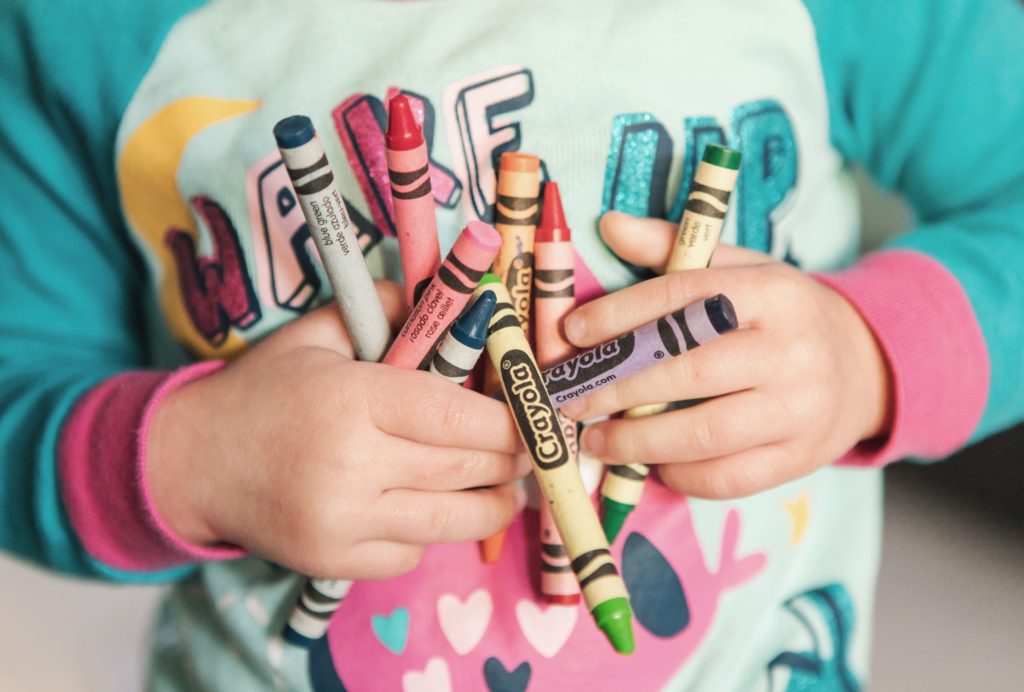
What I hope came across while you were reading this is is be ready for your idea of what you think is your highest possible hopes of recovery to change as you recover.
Be ready for what you think you are working towards to actually turn out differently.
Be open to the possibility that your imagined and dreamed of version of recovered while you’re in recovery may (very likely) turn out differently when you are recovered.
Be open and curious to the possibility that “future you” is capable of more and different things than the you, you are today and you will make your recovery (and life) 100x easier.
With my whole heart I hope you found this information useful and inspiring.
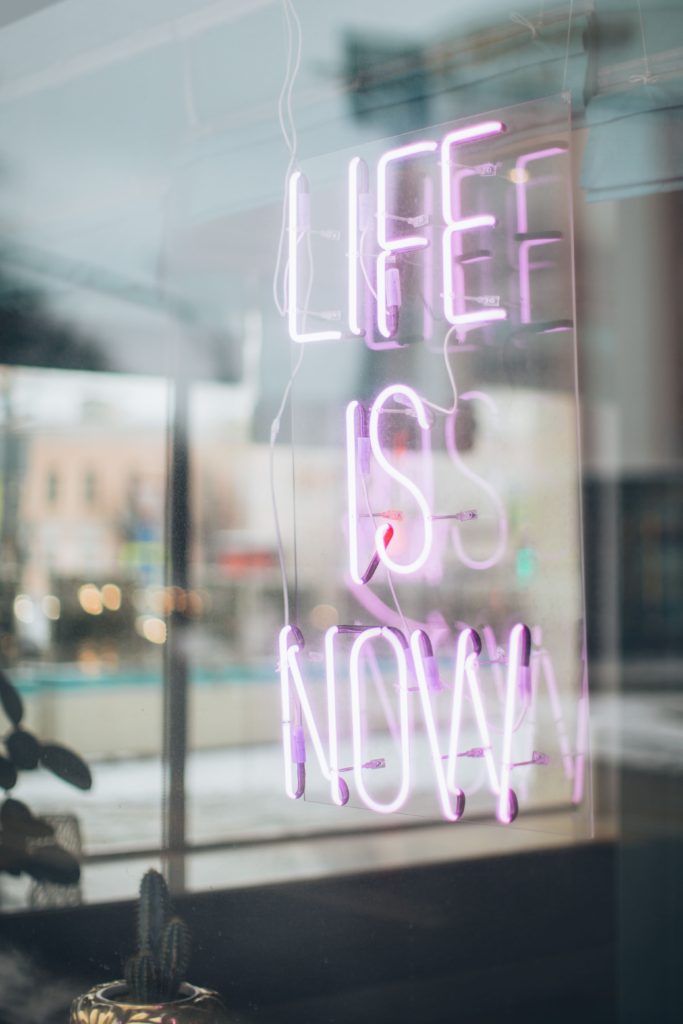
Become Great. Live Great.
Bonnie.
